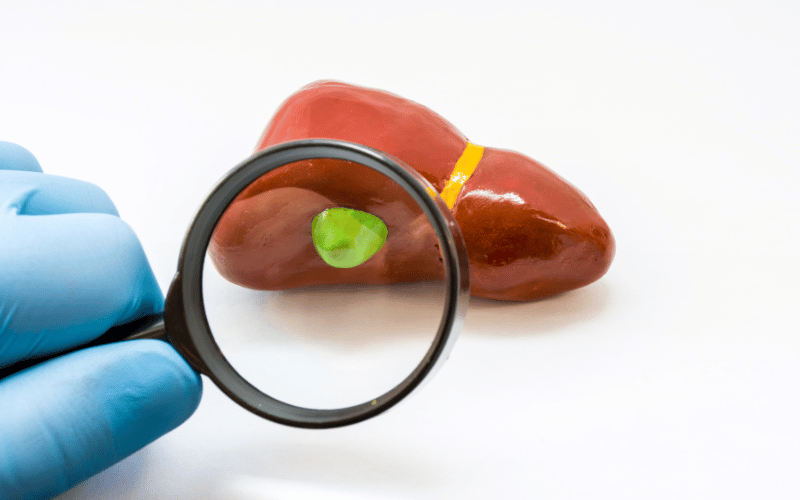5. Bile Reflux: The Lesser-Known but Equally Damaging Cause

Now, most people have heard of acid reflux, but bile reflux? Not so much. Yet, it’s a significant player in the gastritis game. Unlike acid reflux, where stomach acid flows back into the esophagus, bile reflux involves bile flowing upward from your intestine into your stomach. And yes, it’s as unpleasant as it sounds.
But let’s dig a little deeper. Bile is an alkaline substance, so why would it cause gastritis? Well, your stomach is an acid-loving organ; throw in an alkaline substance, and you’ve got a recipe for inflammation. You’re basically upsetting the stomach’s natural pH balance, which, as you might have guessed, it doesn’t appreciate.
Here’s something to chew on: Bile reflux often occurs alongside acid reflux, but they’re not the same thing. Think of them as evil twins—similar, but distinct. While medications for acid reflux are common, treating bile reflux is trickier, often requiring surgical interventions like the Roux-en-Y surgery.
A fascinating yet unnerving detail about bile reflux is its elusive nature. The symptoms often mirror those of acid reflux, making it challenging to diagnose. Your doctor might need to resort to specialized tests like endoscopic examinations or bile acid tests to pin down the cause. A correct diagnosis is crucial; otherwise, you might be treating the wrong condition.
The management of bile reflux-induced gastritis involves multiple disciplines—gastroenterology, surgery, and even dietary counseling. Yes, you heard it right; what you eat plays a crucial role. For instance, high-fat foods can exacerbate bile reflux. A well-rounded approach is necessary to tackle this lesser-known but equally damaging cause of gastritis. (5)